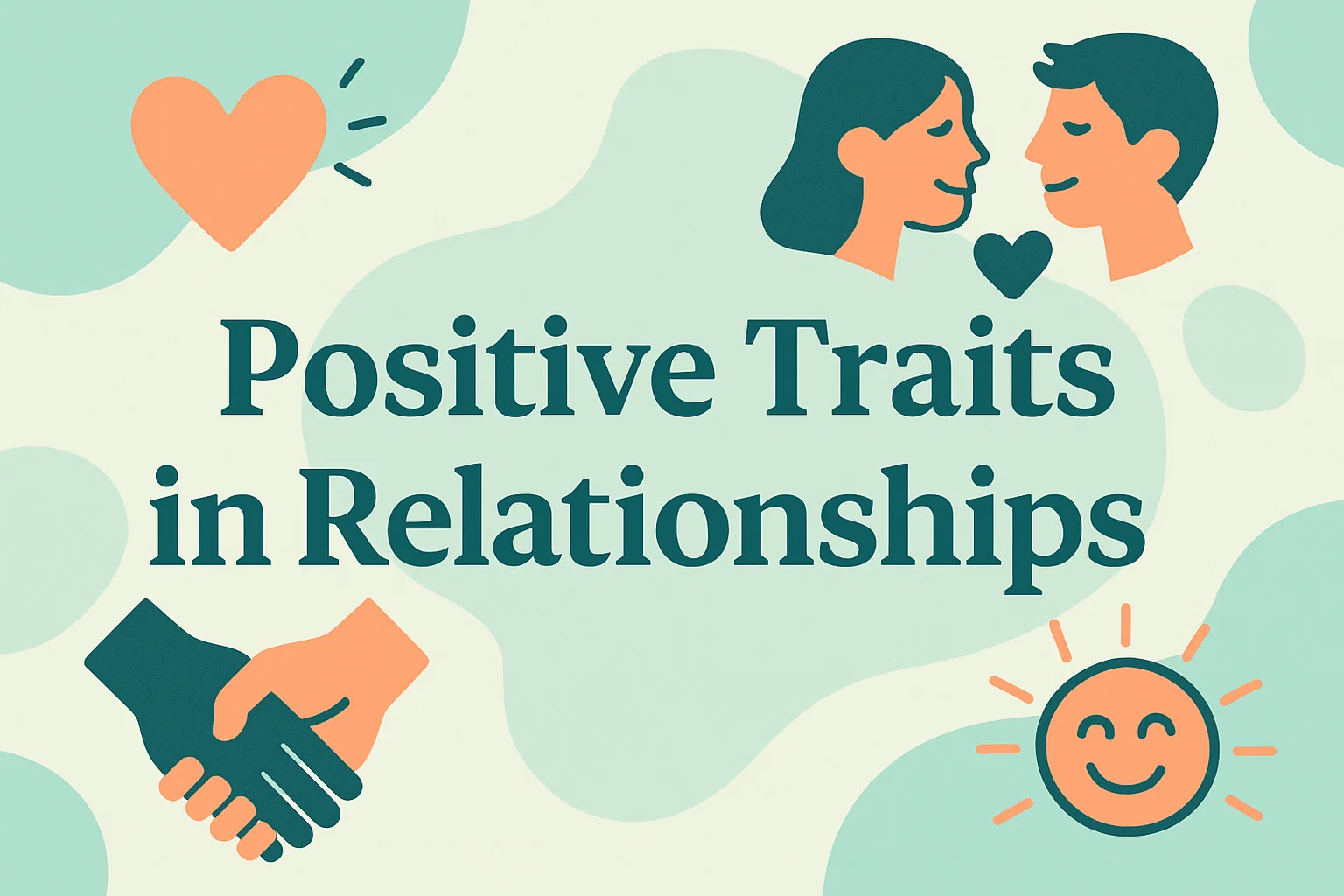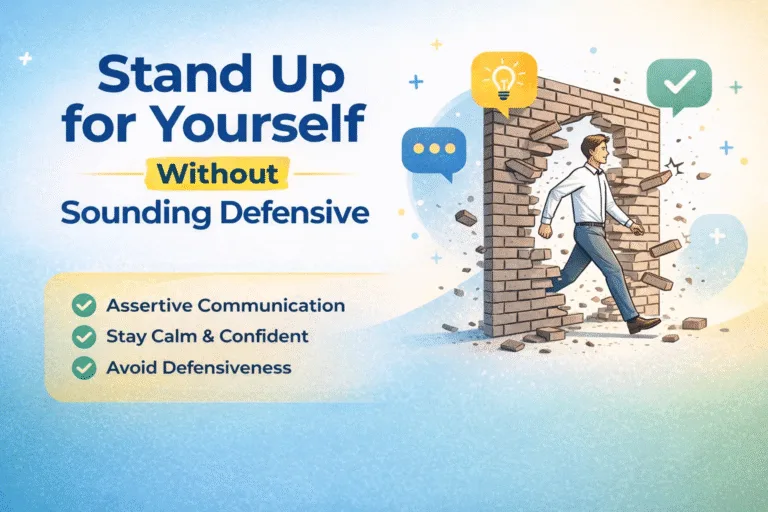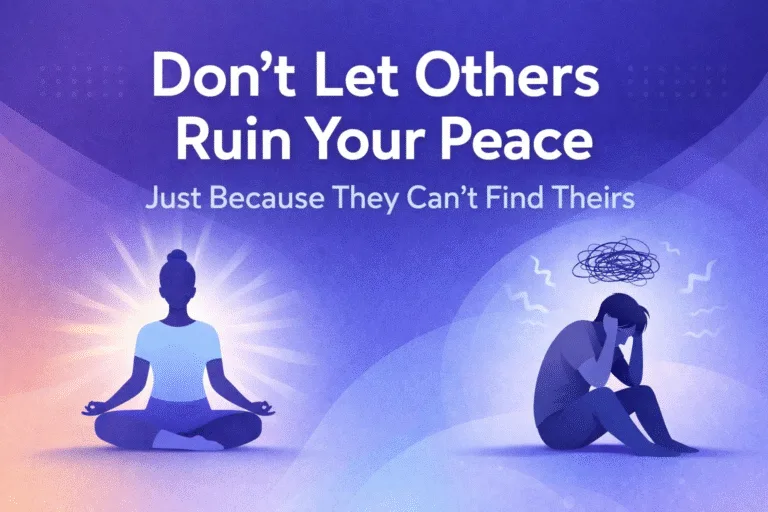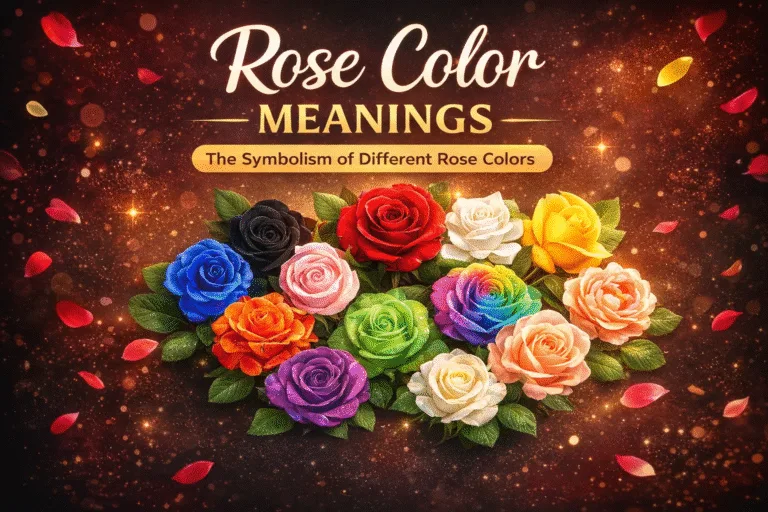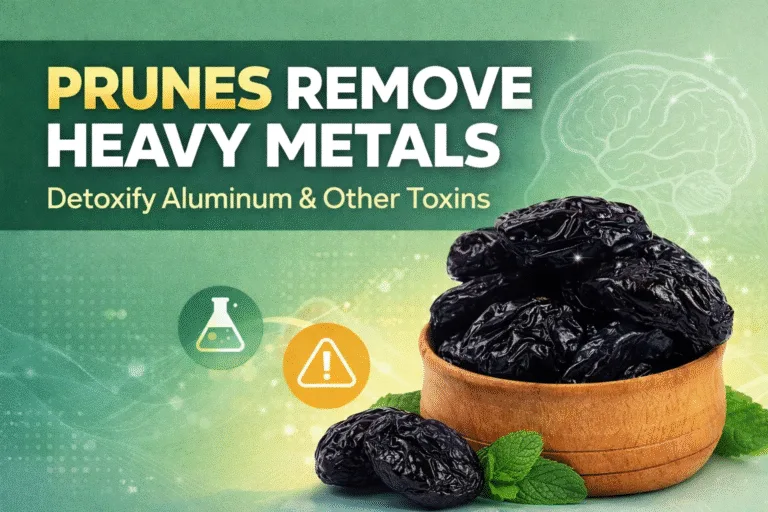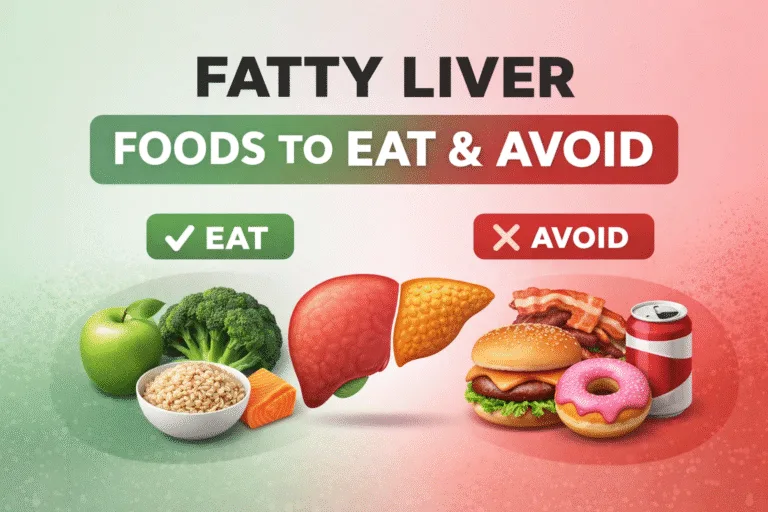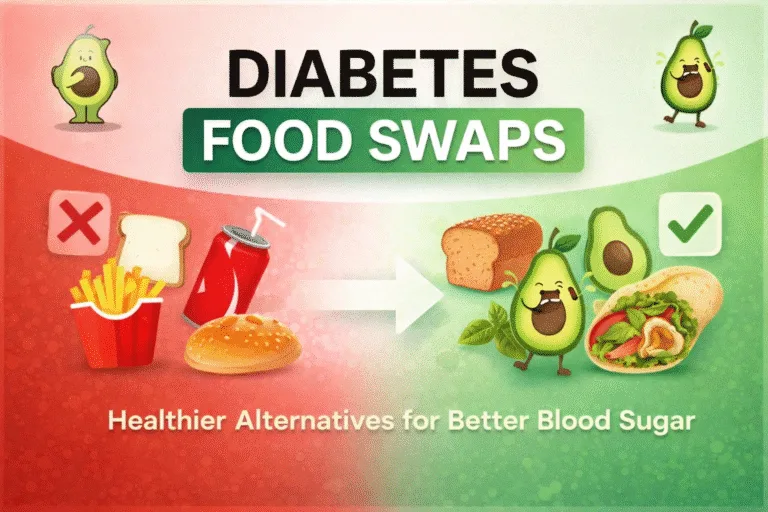Positive Traits in Relationships Psychology Tips Study for Meaningful Connections
Positive Traits in Relationships: Psychology Tips & Studies for Meaningful Connections
Ever had one of those moments where you’re in a relationship (or even a friendship) and think, “Wow, this just… works”? No drama, no mind games—just easy, fulfilling connection. On the flip side, maybe you’ve also been in situations where things felt like a never-ending emotional rollercoaster. (No thanks, I’ll pass.)
So, what separates the good relationships from the exhausting ones? Turns out, psychology has a lot to say about it. Whether you’re looking to strengthen your romantic partnership, friendships, or even work relationships, certain positive traits make all the difference.
Let’s break them down—no jargon, no fluff, just real talk about what makes relationships thrive.
1. Emotional Intelligence: The Secret Sauce
You know those people who just get emotions? They’re not just empathetic—they also handle conflict like pros. That’s emotional intelligence (EQ) in action.
Why EQ Matters
- Helps you read the room (and your partner’s mood)
- Makes tough conversations less explosive
- Strengthens trust and intimacy because you actually listen
Pro tip: If you’ve ever said, “I don’t know why they’re upset!” after a fight, EQ might need some work. (No judgment—we’ve all been there.)
2. Vulnerability: The Unexpected Superpower
Raise your hand if you’ve ever pretended everything was fine when it wasn’t. 🙋♂️ Yeah, me too. But here’s the thing: vulnerability is what builds real connection.
How Vulnerability Strengthens Relationships
- Encourages honest communication (no more guessing games)
- Makes conflicts easier to resolve because you’re not bottling things up
- Deepens emotional intimacy—you’re seen for you, not just the polished version
Fun fact: Research (like Brené Brown’s work) shows that vulnerability is linked to stronger, happier relationships. Who knew admitting you cried at Toy Story 3 could be so powerful?
3. Active Listening: More Than Just Nodding Along
Ever been mid-sentence when someone cuts you off to share their story? Annoying, right? Active listening fixes that.
How to Actually Listen
- Eye contact (not the creepy kind, just the “I’m present” kind)
- Reflect back what they say (“So you’re feeling frustrated because…”)
- Avoid interrupting—even if you really want to share your take
Bonus: People love feeling heard. Try it next time—watch how conversations improve.
4. Gratitude: The Relationship Glue
Forgetting to say “thanks” might seem small, but gratitude is a game-changer.
Why Gratitude Works
- Makes your partner feel valued (not taken for granted)
- Boosts relationship satisfaction (science says so!)
- Encourages reciprocity—kindness begets kindness
Try this: Instead of just thinking “I appreciate them,” say it out loud. It’s like emotional WD-40 for relationships.
5. Healthy Boundaries: Because “People-Pleasing” Isn’t Sustainable
If you’ve ever said “yes” when you meant “no,” this one’s for you. Boundaries aren’t about being cold—they’re about self-respect.
How to Set Boundaries Without Feeling Guilty
- Be clear and direct (“I need some alone time tonight”)
- Stick to them (no backtracking just to avoid conflict)
- Respect their boundaries too (it’s a two-way street)
Reality check: A relationship without boundaries is like a house without walls—messy and exhausting.
6. Humor: The Ultimate Stress Reliever
Laughing together is like relationship CPR—it keeps things alive.
Why Humor Helps
- Defuses tension (ever laughed mid-argument? Magic.)
- Creates shared joy (inside jokes = bonding gold)
- Makes tough times easier to handle
Warning: Sarcasm doesn’t count if it’s passive-aggressive. Keep it light, not mean.
7. Growth Mindset: Relationships Evolve (And That’s Okay)
Thinking “this is just how we are” is a trap. Healthy relationships grow.
How to Embrace Growth Together
- Learn from conflicts (instead of just “getting over” them)
- Support each other’s goals (even if they change over time)
- Stay curious about each other (no, you don’t “know everything” about them)
FYI: The happiest couples adapt instead of assuming things will stay the same forever.
Final Thoughts: It’s Not About Perfection
Let’s be real—no relationship is flawless. But the best ones have these traits in common. Whether you’re working on a romantic partnership, friendship, or family bond, small shifts make a big difference.
So, which of these traits do you already rock at? Which could use a little polish? (Hey, no shame—we’re all works in progress.)
Now go forth and build those meaningful connections. And maybe send this to someone who needs it—just saying. 😉

